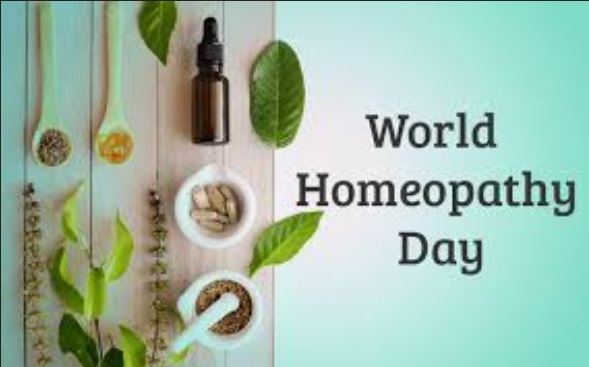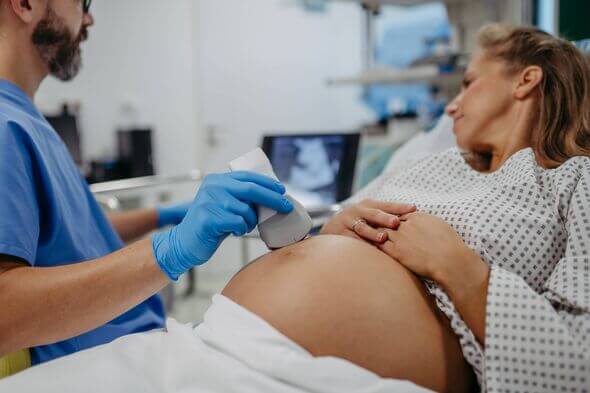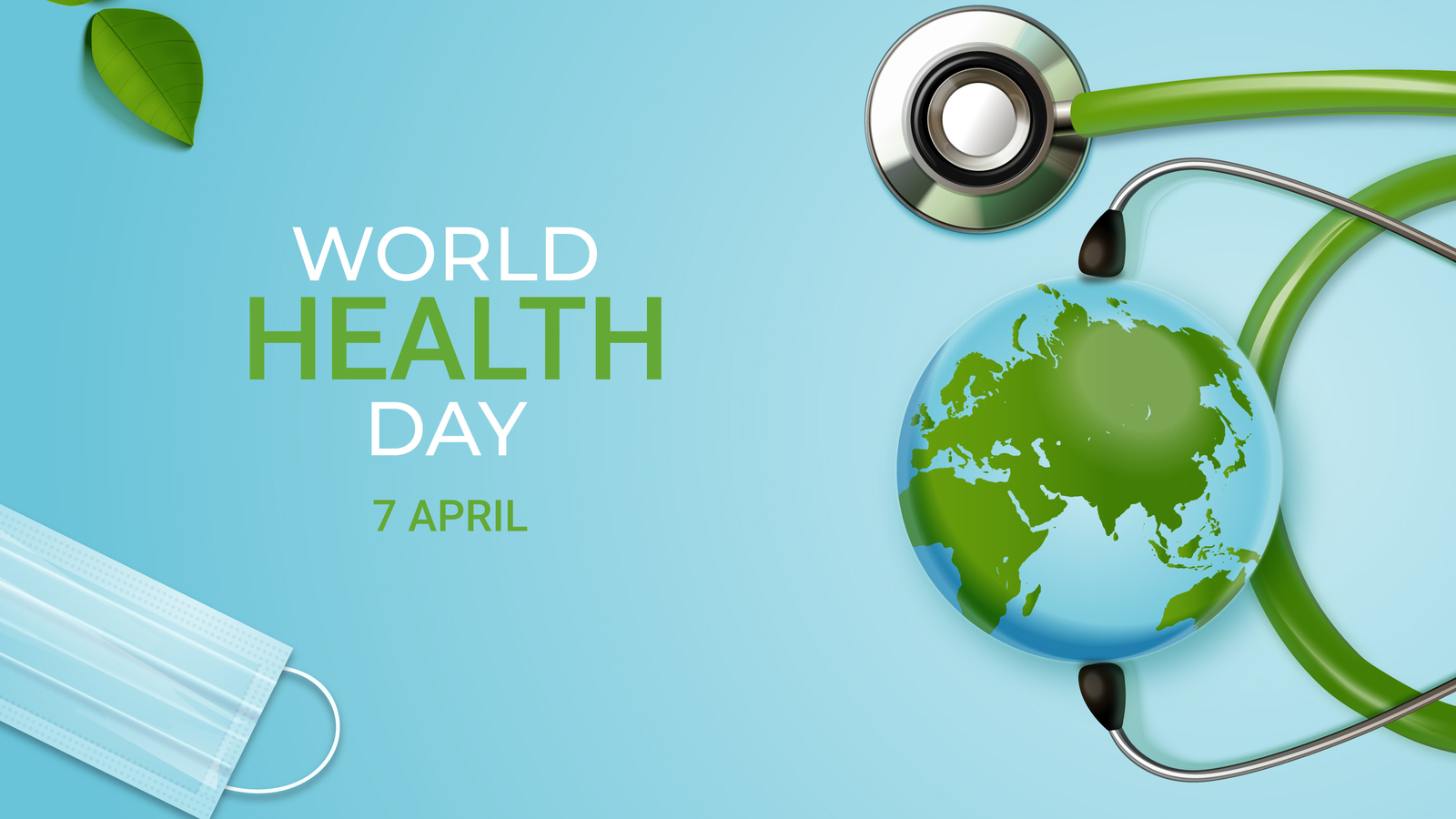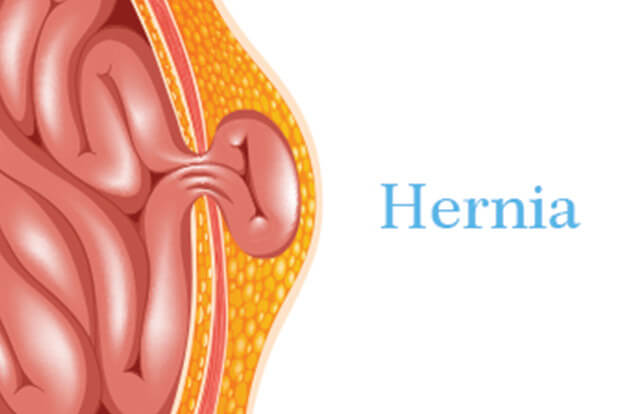Budget 2024: Govt to encourage cervical cancer vaccination for girls aged 9-14 years
Fri 02 Feb 2024, 00:54:54
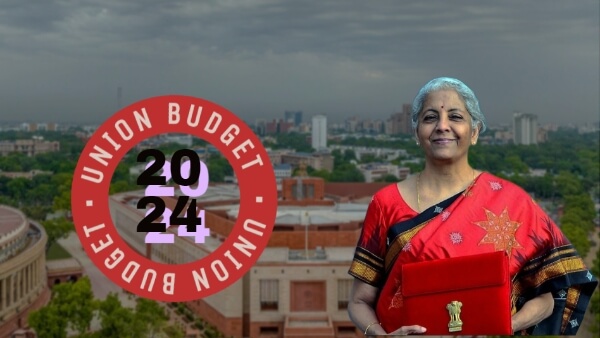
In a recent announcement by Finance Minister Nirmala Sitharaman on Thursday, the government revealed its budget plan for 2024-25, and it includes a significant initiative to encourage cervical cancer vaccination for girls aged 9-14 years.
“Our government will encourage vaccination for girls in the age group of 9 to 14 years for providing prevention of cervical cancer,” the Finance Minister said.
The HPV vaccine trials for cervical cancer had already reached their end. In 2010, trials were clouded in controversy following reports that some girls had died following HPV administration. Cervical cancer ranks fourth among cancers in women worldwide, following colorectal, lung, and breast cancer.
Cervical cancer is the fourth most common cancer in women worldwide. In India alone, approximately more than 1 lakh women are diagnosed with cervical cancer annually, and it is the second most common cancer among Indian women aged 15-44 years. These statistics highlight the urgent need for preventive measures to
combat this disease.
combat this disease.
The human papillomavirus (HPV) is the primary cause of cervical cancer. HPV is a common virus that can be transmitted through sexual contact. While most HPV infections do not cause any noticeable symptoms and clear up on their own, some strains can lead to abnormal cell growth in the cervix, which can eventually develop into cancer if left untreated.
The most effective way to prevent cervical cancer is through vaccination against HPV. The vaccine is most effective when given before exposure to the virus, which is why it is recommended for girls aged 9-14 years. However, there has been some resistance to vaccinating young girls due to concerns about safety and morality.
The government's plan to encourage cervical cancer vaccination for girls aged 9-14 years is a step in the right direction towards achieving its goal of eliminating cervical cancer by 2030. By making the vaccine more accessible and affordable, more girls will have the opportunity to protect themselves against this deadly disease.
No Comments For This Post, Be first to write a Comment.
Most viewed from Health
AIMIM News
Latest Urdu News
Most Viewed
May 26, 2020
Do you think Canada-India relations will improve under New PM Mark Carney?
Latest Videos View All
Like Us
Home
About Us
Advertise With Us
All Polls
Epaper Archives
Privacy Policy
Contact Us
Download Etemaad App
© 2025 Etemaad Daily News, All Rights Reserved.



